Picula stating that the pace of Serbia's EU accession negotiations will continue to depend on progress in fundamental values, the dialogue between Belgrade and Pristina, as well as alignment with EU policies.
In the draft report, Members of the European Parliament will have the opportunity to submit amendments before its adoption by this committee at the end of April, with the final text expected to be adopted as a resolution in the European Parliament in May.
The report also assesses that, despite some progress in negotiations, Serbia must overcome "obstacles" related to improving internal political dialogue, the rule of law, and reforms in the fight against corruption, as stated in Picula’s report.
The document, which responds to the European Commission’s reports on Serbia for 2023 and 2024, notes Serbia's strong commitment to EU membership as a strategic goal and its ambition to fully align with EU law by the end of 2026. However, it is expected that Serbia demonstrate that it is strategically oriented toward the EU and "objectively and unequivocally" communicate about the EU.
It emphasizes the strategic importance of the Western Balkans for the security and stability of the EU as a whole, highlighting the significance of Serbia’s influence in the region.
"It is of concern" that limited or no progress has been made in meeting the EU membership criteria in negotiation chapters, noting deficiencies in areas such as the rule of law, public administration reform, and alignment with EU policies.
Regret is expressed as, according to the report, no progress has been made in Chapter 31, as "Serbia’s alignment with the EU’s foreign policy stance has largely remained unchanged." It calls for immediate alignment with the EU’s restrictive measures and overall policy toward Russia.
Serbia’s progress in aligning with the EU’s visa policy is acknowledged, with a call for complete alignment. Regarding the Belgrade-Pristina dialogue, the EU High Representative for Foreign Affairs and Security Policy, Kaja Kallas, and the European Commission are urged to take a more proactive role in leading the dialogue process, and a greater role for the European Parliament in facilitating the dialogue is requested.
The importance of constructive engagement from both Belgrade and Pristina in achieving a comprehensive legally binding agreement on the normalization of relations is reiterated, with both sides urged to avoid unilateral actions that could escalate tensions.
At the same time, the report calls for the full implementation of all previous agreements, including the establishment of the Community of Serb Municipalities.
The document points to challenges in ensuring judicial independence, stresses the importance of adopting the Judicial Academy Law, and states that limited progress has been made in the fight against corruption.
The pluralistic composition of the Serbian Parliament is welcomed, with greater representation of political parties, but it is noted that early elections and the disruption in the functioning of the government and parliament hindered progress in reforms.
It is highlighted that ensuring the independence of key institutions, such as the Regulatory Body for Electronic Media (REM), and the full implementation of all remaining and recent recommendations from the OSCE/ODIHR and the Council of Europe bodies on electoral reform are of crucial importance. The report also expresses condolences to the families of the 15 victims of the roof collapse in Novi Sad and calls for "opening full and transparent legal proceedings" after the investigation led by the authorities.
The European Parliament is deeply concerned about "systemic issues raised by the student protests in Serbia," such as issues related to civil liberties, institutional and financial transparency, and accountability, and condemns "violent attacks on peaceful demonstrators."
The report welcomes "partial progress by Serbia toward developing a functional market economy with positive GDP growth" but states that significant reforms are needed in labor markets, education, and public administration.
Serbia’s active involvement in implementing the new Growth Plan for the Western Balkans is also welcomed, with a call for "reprogramming relevant EU funds" to redirect more resources to support judicial reforms and anti-corruption measures.
Legislative progress in environmental and climate change areas is acknowledged, and it is emphasized that Serbia must diversify its energy supply to reduce its dependence on Russia.
A Memorandum of Understanding between the EU and Serbia on launching a strategic partnership on sustainable raw materials, battery value chains, and electric vehicles is also noted, with the European Parliament highlighting that promoting the highest environmental standards and engaging in dialogue with affected populations, the scientific community, and civil society should be central to any such strategic partnership.
Members of the European Parliament's Foreign Affairs Committee will be able to submit amendments to this draft report by March 6. The report will then be voted on by the committee at the end of April.
Afterward, most likely in May, a vote on the resolution proposal will take place at a plenary session of the European Parliament. EP resolutions are not legally binding.
Preuzmite Newsmax Balkans aplikaciju:
Pratite nas na društvenim mrežama:
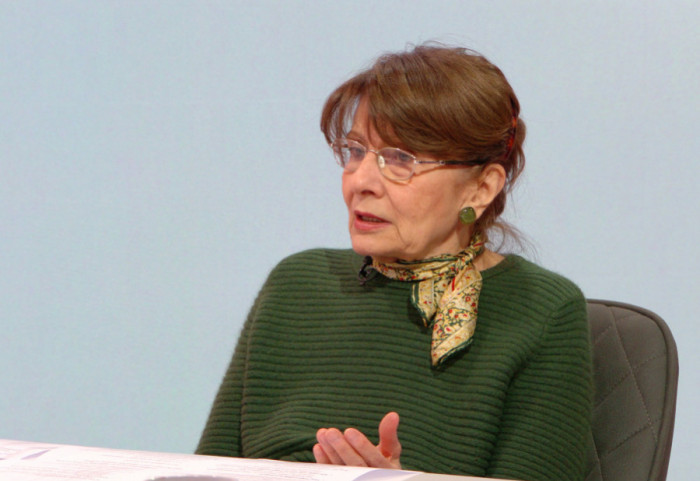













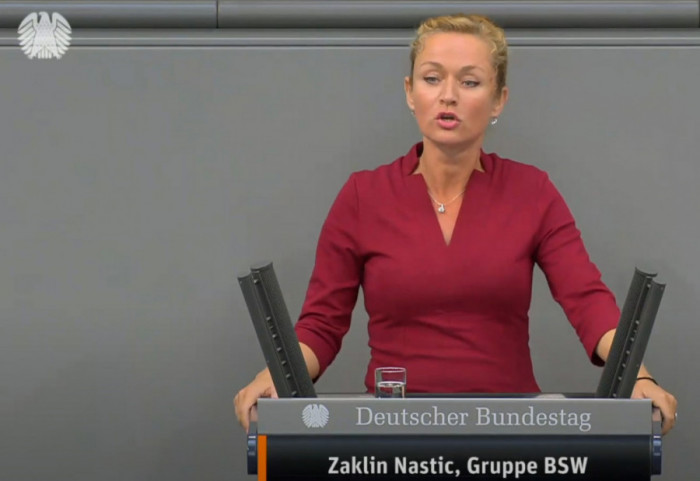
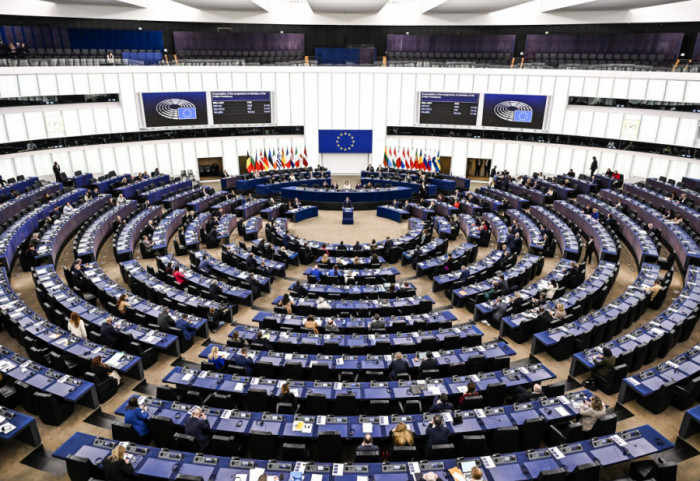

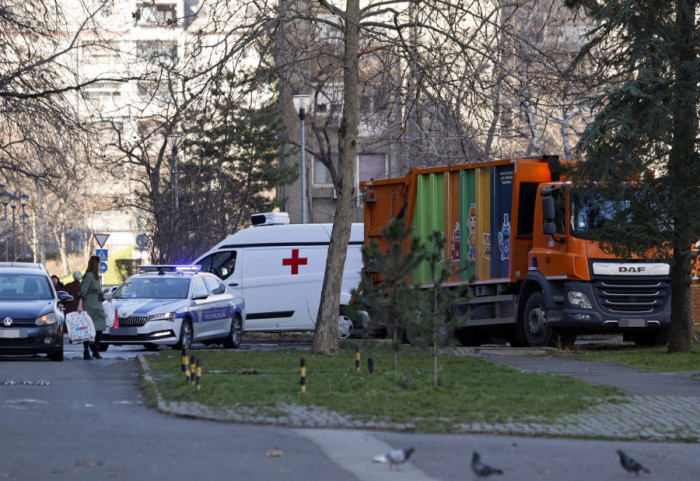


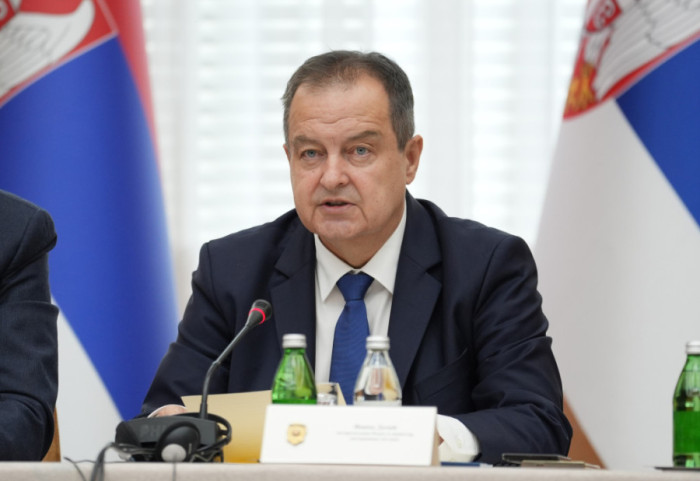

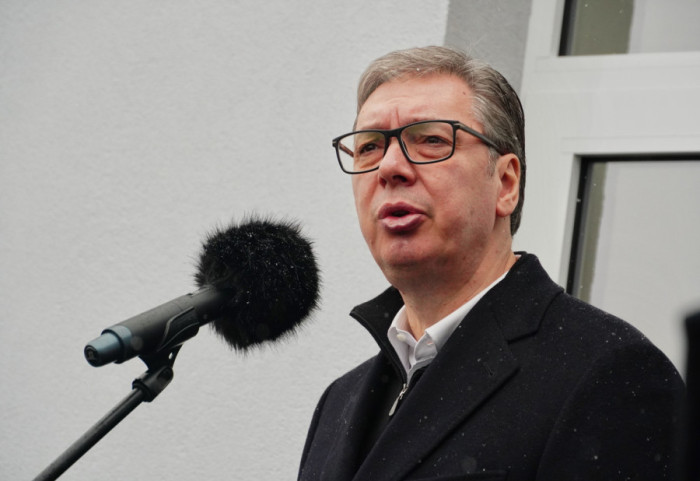

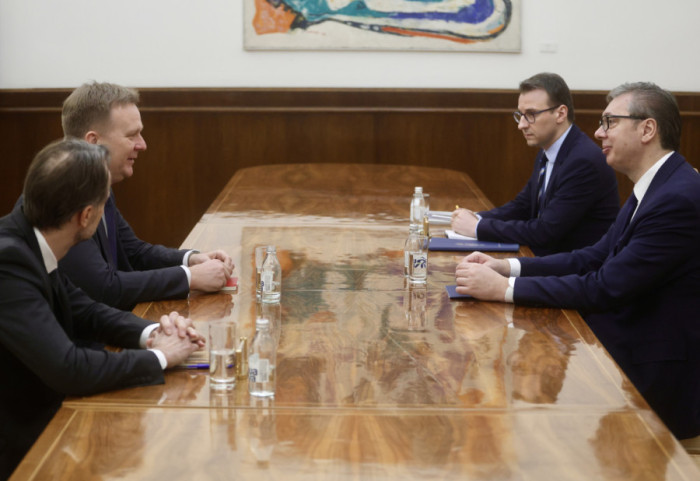


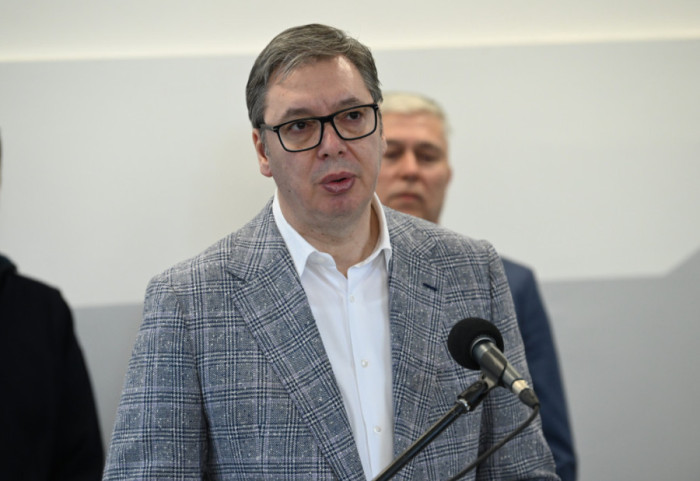
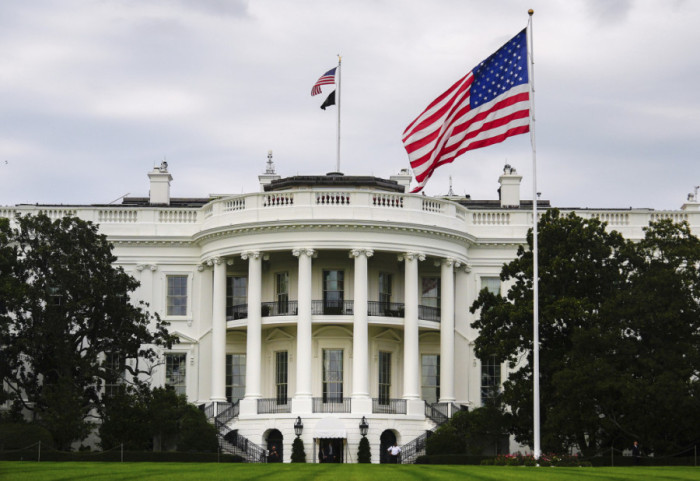

Komentari (0)